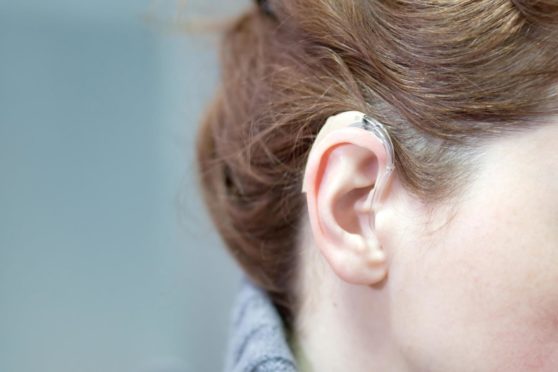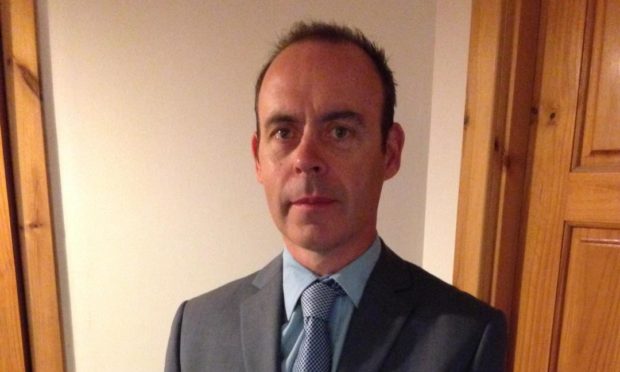Face-to-face services provided by a Dundee and Angus charity for blind and deaf people are set to resume as lockdown restrictions ease.
North East Sensory Services (NESS) has re-opened its resource centres in Aberdeen, Dundee and Moray for appointments only, allowing users to see social and rehab workers and try out equipment.
Changes have been made to the resource centres in light of coronavirus, with screens between individuals, hand sanitiser, and strict guidelines for appointments and the number of people in the building.
Covid-19 safety measures
The charity said that while drop-ins are not yet possible, the partial re-opening is helping with face-to-face communication as many people find remote communication more difficult because of hearing loss, while direct contact is needed for rehab training to give people the skills and confidence to get out and about independently.
Social workers and rehab workers will now also be able to perform home visits if needed, with full PPE.
Throughout the pandemic, NESS has been supporting people remotely on the phone or via video call and dropping off equipment on doorsteps.
The charity’s Hear2Help service continues remotely, with staff and volunteers co-ordinating doorstep delivery and collection of hearing aids in Aberdeen and Moray.
Social support for older people who are socially isolated remains a remote provision, with regular phone calls to nearly 100 people in Aberdeen and Moray, while telephone befriending services continue in Angus.
It has been a particularly challenging year for people with sensory loss
Transcription services must also continue remotely, however the Young People’s Sensory Service (YPSS) is operating with face-to-face outdoor activities in Elgin and Aberdeen.
Graham Findlay, chief executive of North East Sensory Services (NESS), said: “It has been a particularly challenging year for people with sensory loss.
“Our lifeline services have adapted, ensuring we can still support thousands of people across the north-east during the lockdowns.
“We’re delighted that some in-person services have now started to resume.
“Face-to-face communication helps give people the skills and confidence to get out and about independently, and it helps people who are deaf because remote, screen-based communication with limited hearing can be difficult for many.
“Many of our services continue to be delivered remotely, but we look forward to a full resumption as restrictions are eased further.”

